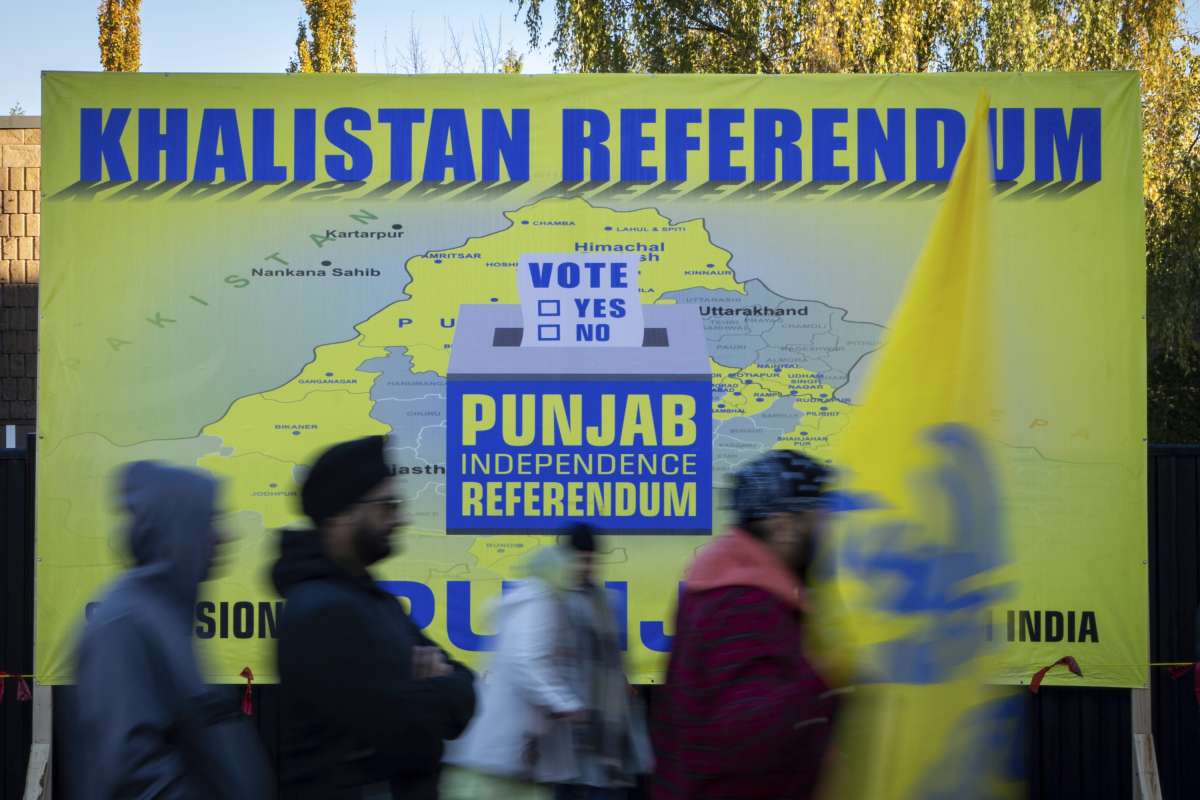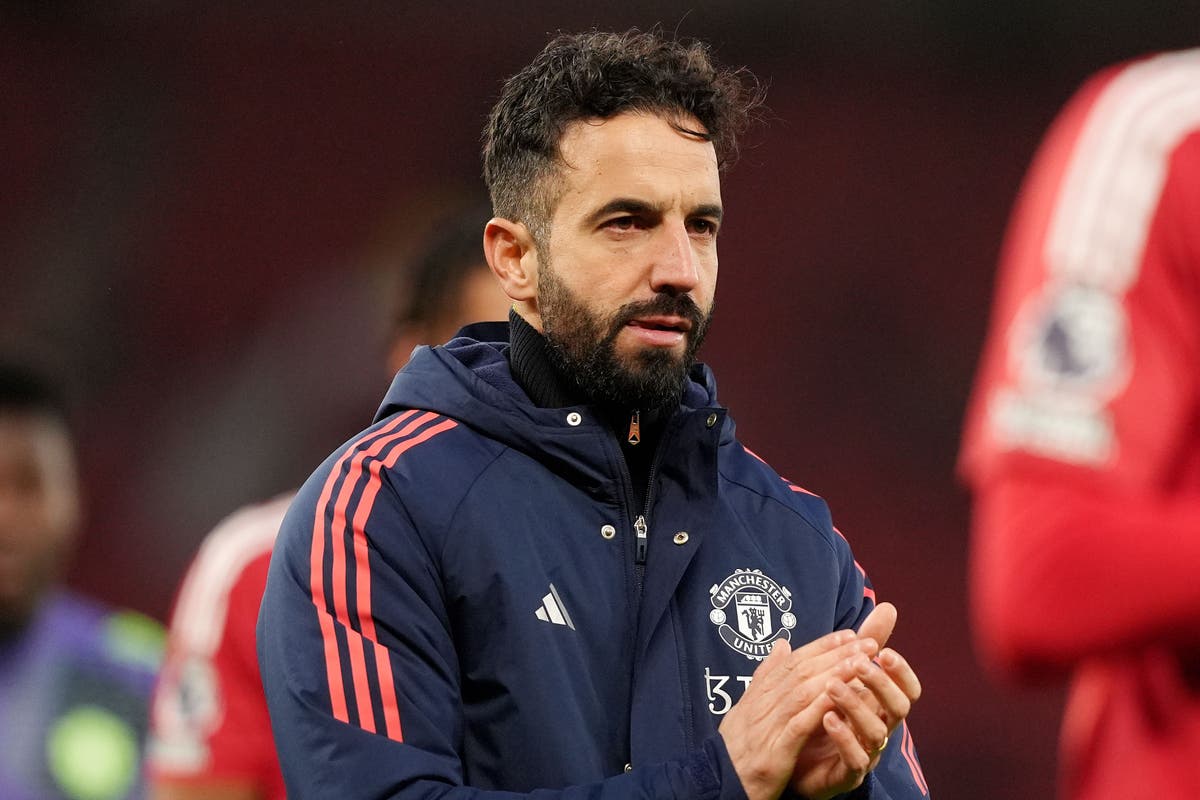A week after anti-India activities were reported at an event where Canadian Prime Minister Justin Trudeau was present, thus fuelling fresh tensions between the two nations, a similar incident was reported again on Sunday. Although, this time, Trudeau was not present during a march organised to mark “Khalsa Day” on Sunday, media reports claimed that the Opposition leader Pierre Poilievre attended the event. Poilievre also shared a post on social media X, where he could be seen with Sikh families and policemen of Indian origin.
Slogans raised against Indian leaders
Several media reported pro-Khalistan flags were raised, with banners of conducting Khalistan referendum. Besides, threats against Prime Minister Narendra Modi, External Affairs Minister S Jaishankar and Defence Minister Rajnath Singh were also raised by radicals.
Notably, this was not the first time when such an event was organised where Indian leaders and officials were threatened publically. In fact, this has become a routine exercise in Canada, where political leaders attend such events in order to boost their political presence among people of Indian origin.
Why Canadian politicians allow anti-India activities
According to Canadian government data, Sikhism in Canada has nearly 8,00,000 adherents who account for 2.1% of the country’s population as of 2021, forming the country’s fastest-growing and fourth-largest religious group. The largest Sikh populations in Canada are found in Ontario, followed by British Columbia and Alberta. Canadian political leaders often attend religious events where radical groups advocate for a separate country for Khalistan.
It is worth mentioning the latest development came in the middle of the India-Canada tensions which were fuelled by Trudeau’s allegations against India. Last year, Trudeau alleged that the Indian government was involved in the killing of a Khalistani leader Hardeep Singh Nijjar in Vancouver. However, he did not profess any concrete evidence to substantiate his claims. Since then, the relations between the two nations nosedived.
Recently, India’s foreign ministry summoned a Canadian diplomat to New Delhi and raised grave concerns over the space given to the extremist groups in Ottawa.
Jaishankar calls Canada’s action politically motivated
Later on Saturday, Jaishankar reacted to the arrests made against the killing of Nijjar where he underscored what is happening in poll-bound Canada over the killing of Khalistan separatists is mostly due to their internal politics and has nothing to do with India. Jaishankar said this while replying to a question on why Canadian Prime Minister Justin Trudeau is criticizing India.
Canadian govt did not help India: Jaishankar
He said a section of pro-Khalistan people are using Canada’s democracy, creating a lobby and have become a vote bank. The ruling party in Canada has no majority in Parliament and some parties depend on pro-Khalistan leaders, he said. “We have convinced them several times not to give visa, legitimacy or political space to such people which is causing problems for them (Canada), for us and also for our relationship,” Jaishankar said. But the Canadian government has not done anything, Jaishankar said, adding that India sought the extradition of 25 people, most of whom are pro-Khalistan, but they did not pay any heed.
(With inputs from agency)












